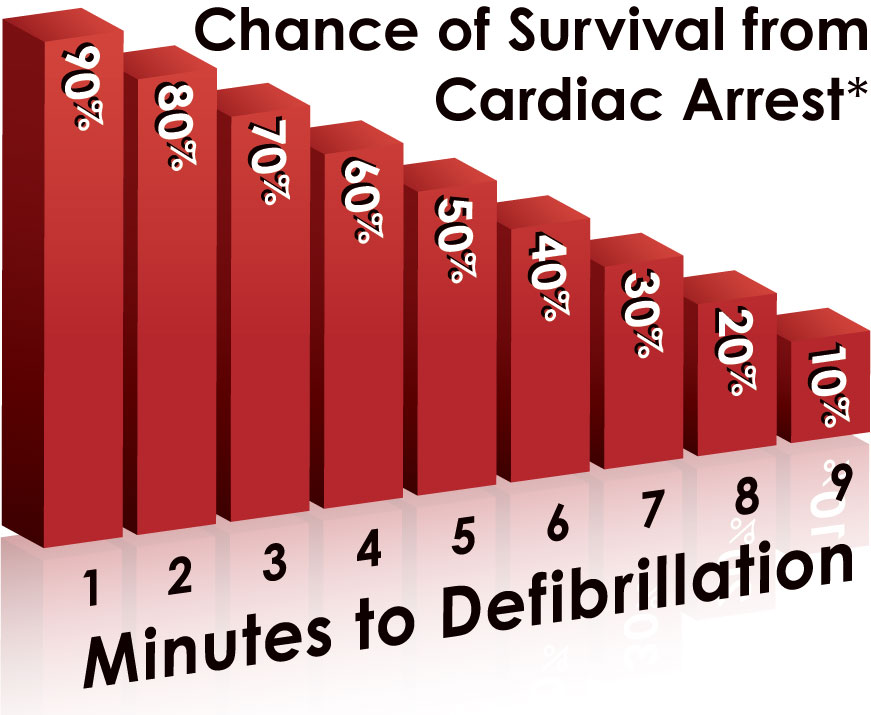- Home
- Medical news & Guidelines
- Anesthesiology
- Cardiology and CTVS
- Critical Care
- Dentistry
- Dermatology
- Diabetes and Endocrinology
- ENT
- Gastroenterology
- Medicine
- Nephrology
- Neurology
- Obstretics-Gynaecology
- Oncology
- Ophthalmology
- Orthopaedics
- Pediatrics-Neonatology
- Psychiatry
- Pulmonology
- Radiology
- Surgery
- Urology
- Laboratory Medicine
- Diet
- Nursing
- Paramedical
- Physiotherapy
- Health news
- Fact Check
- Bone Health Fact Check
- Brain Health Fact Check
- Cancer Related Fact Check
- Child Care Fact Check
- Dental and oral health fact check
- Diabetes and metabolic health fact check
- Diet and Nutrition Fact Check
- Eye and ENT Care Fact Check
- Fitness fact check
- Gut health fact check
- Heart health fact check
- Kidney health fact check
- Medical education fact check
- Men's health fact check
- Respiratory fact check
- Skin and hair care fact check
- Vaccine and Immunization fact check
- Women's health fact check
- AYUSH
- State News
- Andaman and Nicobar Islands
- Andhra Pradesh
- Arunachal Pradesh
- Assam
- Bihar
- Chandigarh
- Chattisgarh
- Dadra and Nagar Haveli
- Daman and Diu
- Delhi
- Goa
- Gujarat
- Haryana
- Himachal Pradesh
- Jammu & Kashmir
- Jharkhand
- Karnataka
- Kerala
- Ladakh
- Lakshadweep
- Madhya Pradesh
- Maharashtra
- Manipur
- Meghalaya
- Mizoram
- Nagaland
- Odisha
- Puducherry
- Punjab
- Rajasthan
- Sikkim
- Tamil Nadu
- Telangana
- Tripura
- Uttar Pradesh
- Uttrakhand
- West Bengal
- Medical Education
- Industry
Sudden Cardiac Arrest Major killer worldwide

Sudden Cardiac Arrest (SCA) takes 3,00,000 lives globally
New Delhi: Sudden Cardiac Arrest (SCA) claims over three lakh lives every year, including those of 7,000 children, health experts said here on Saturday.
They stated that SCA takes one life every two minutes, claiming more lives than breast cancer, lung cancer, or AIDS. Over 60 percent of the people are still unaware of the disease.
"Ventricular fibrillation is the most common cause of cardiac arrest. Not every heart attack is a cardiac arrest," said Vanita Arora, associate director and head of cardiac electrophysiology lab and arrhythmia services at Max Super Specialty hospital.
She said that during SCA the heart stops beating, no blood is pumped to the rest of the body and the heart needs to be revived through electric shock.
"Our aim is to educate people about the urgent need to recognise the difference between the two and the immediate measures needed to address it. If maximum Indians can be trained to carry out cardiopulmonary resuscitation (CPR), many lives can be saved every day," said Arora speaking at a panel discussion on Sudden Cardio Arrest and its Prevention.
Sumeet Sethi, a leading interventional cardiologist, said a heart attack affects the "plumbing" of the heart, caused by a blockage in a blood vessel that interrupts the flow of blood causing a part of the heart muscle to die.
"The heart must be "unclogged" with drug therapy, angioplasty or surgery in order to continue the blood flow to the rest of the body," Sethi said.
" Sudden Cardiac arrest is reversible in most victims if treated within minutes. It can be reversed if a trained emergency rescue team reaches the person quickly. Chances of survival reduce by 7-10 percent with every passing minute." he said.
Meghna A Singhania is the founder and Editor-in-Chief at Medical Dialogues. An Economics graduate from Delhi University and a post graduate from London School of Economics and Political Science, her key research interest lies in health economics, and policy making in health and medical sector in the country. She is a member of the Association of Healthcare Journalists. She can be contacted at meghna@medicaldialogues.in. Contact no. 011-43720751
Next Story


